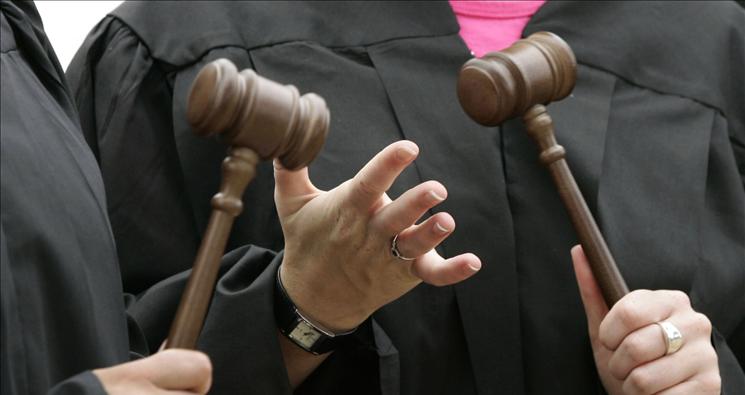A Victory for Liberty, a Defeat for Anti-Christian Activists
Recently, ACLJ successfully defended a baseless complaint filed with the Florida Commission on Human Rights (FCHR) against our client, a family-owned private business owner that runs an education resource center in Florida. The center provides curriculum, educational materials and meeting rooms to support existing homeschool curriculum, tutoring and other activities, as well as to provide meeting rooms for community events.
The complaint was filed by a disgruntled member of the community planning to use the private owner’s facilities for a meeting to show a film entitled, “Caesar’s Messiah: The Roman Conspiracy to Invent Jesus.” Our client permitted the patron to use its facilities as planned, but asked that she post a more accurate description of the event on the owner’s website where the event was being advertised. The owner’s request was made after several visitors had inquired about the event originally advertised by the patron as “Caesar’s Messiah Documentary (History of Christianity)” – an event that by all appearances was a documentary about Christianity, but was, in fact, a film asserting that Christianity is a sham.
Following the patron’s use of the owner’s facilities and a showing of the film, she filed a complaint with the FCHR and alleged that she had been a victim of discrimination because the owner asserted control over the content of the patron’s advertisement which was posted on the owner’s website (i.e. by insisting that the misleading title of the film be changed to accurately reflect its content).
ACLJ responded to the unfounded complaint and explained in its response to FCHR that the owner did not engage in discrimination, and that he maintains the right to exercise editorial control over the content of his website. The FCHR agreed, stating in its determination of no cause that “the request [made by the center] were to ensure that the nature of Complainant’s event coincided with [the center’s] guidelines, and not an intent to discriminate.”
This article was written by ACLJ Attorney Abby Southerland.
